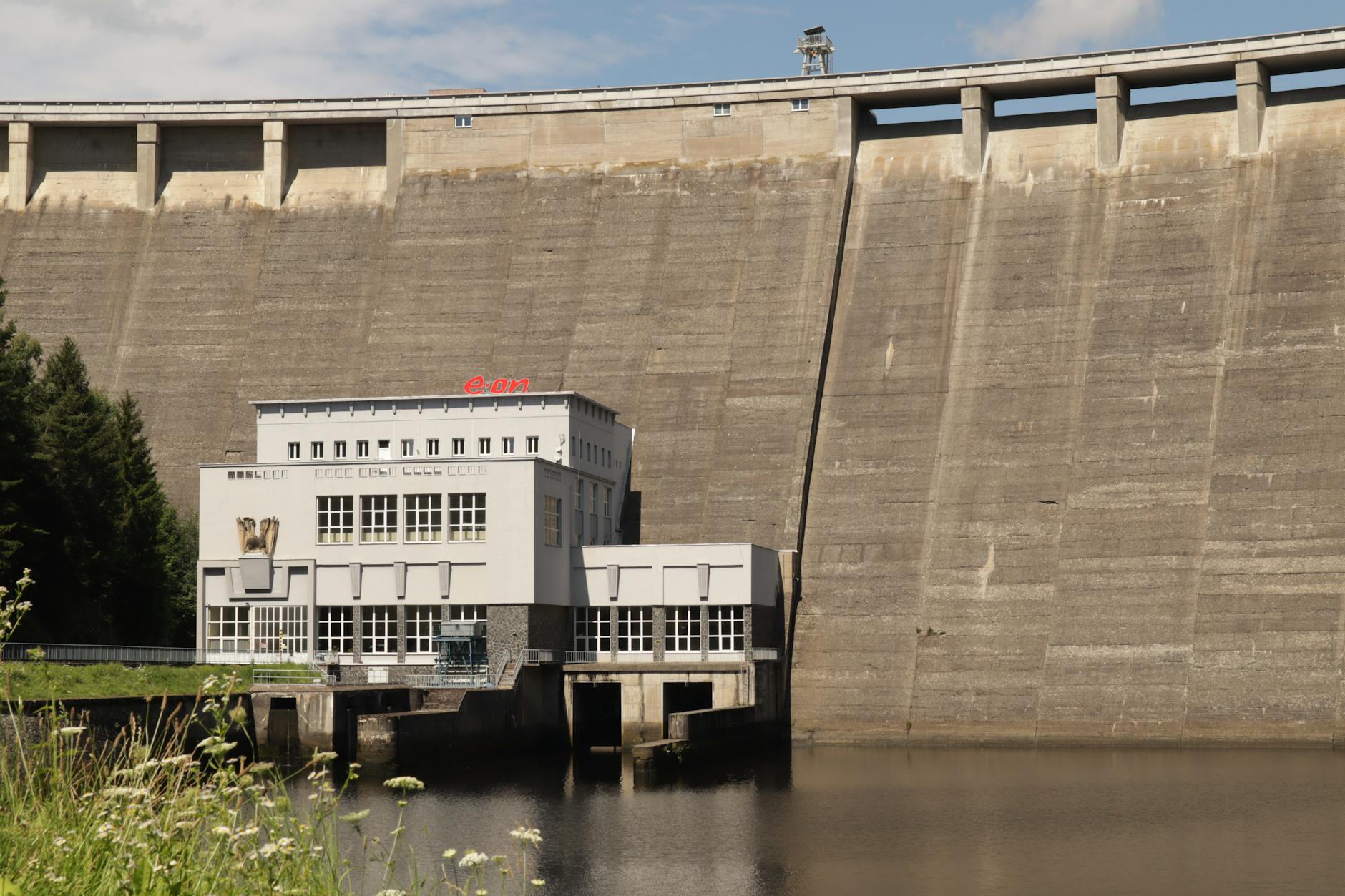- Importance of Energy Efficiency in Business
- How Machine Learning is Transforming Energy Efficiency
- Implementing Machine Learning for Energy Efficiency
- Case Studies: Successful Implementation of Machine Learning for Energy Efficiency
- Future Outlook: The Role of Machine Learning in Energy Efficiency
In today’s fast-paced and technologically advanced world, the concept of energy efficiency has become more crucial than ever. Companies across industries are increasingly turning to machine learning to optimize their energy usage and boost productivity. This Energy Efficiency Revolution is not only beneficial for the environment but also for businesses looking to reduce costs and improve their overall operations. In this article, we will delve into the significance of energy efficiency in the modern business landscape and explore how machine learning is revolutionizing the way organizations manage and optimize their energy consumption.
Importance of Energy Efficiency in Business
Energy efficiency is the practice of maximizing energy output while minimizing energy input. In a business context, this translates to using energy resources in the most efficient and sustainable manner possible. By improving energy efficiency, companies can reduce their carbon footprint, lower operational costs, and enhance their overall competitiveness in the market. With rising energy prices and increasing environmental concerns, businesses are under pressure to adopt sustainable practices that not only benefit the planet but also contribute to long-term cost savings.
How Machine Learning is Transforming Energy Efficiency
Machine learning, a subset of artificial intelligence, is revolutionizing the way businesses approach energy management. By leveraging algorithms and data analytics, machine learning technology can analyze vast amounts of data to identify patterns, trends, and anomalies in energy usage. This enables companies to make data-driven decisions to optimize their energy consumption and improve overall efficiency. Machine learning algorithms can predict energy demand, optimize equipment performance, and automate energy usage based on real-time data, leading to significant cost savings and operational improvements.
Implementing Machine Learning for Energy Efficiency
To harness the power of machine learning for energy efficiency, businesses need to integrate smart sensors, meters, and IoT devices to gather real-time energy data. This data is then fed into machine learning algorithms, which can analyze and interpret the information to provide actionable insights. By implementing machine learning solutions for energy management, companies can identify energy wastage, detect inefficiencies, and optimize energy usage across the organization. This proactive approach not only reduces energy costs but also enhances productivity and operational performance.
Case Studies: Successful Implementation of Machine Learning for Energy Efficiency
Several companies have already embraced machine learning technology to improve their energy efficiency and drive business results. For example, a manufacturing plant implemented machine learning algorithms to optimize its production processes and reduce energy consumption by 20%. By analyzing historical data and real-time energy usage patterns, the plant was able to identify opportunities for improvement and adjust its operations accordingly.
In another case, a commercial building utilized machine learning to automate its HVAC systems and lighting controls based on occupancy patterns and external weather conditions. This resulted in a 15% reduction in energy usage and significant cost savings for the building owner. These case studies demonstrate the tangible benefits of leveraging machine learning for energy efficiency and the positive impact it can have on business operations.
Future Outlook: The Role of Machine Learning in Energy Efficiency
As technology continues to evolve, the role of machine learning in energy efficiency is expected to expand in the coming years. With advancements in IoT, big data analytics, and cloud computing, businesses will have even more tools at their disposal to optimize energy usage and enhance productivity. Machine learning algorithms will become increasingly sophisticated, enabling organizations to make more accurate predictions, optimize energy systems, and automate decision-making processes.
In conclusion, the Energy Efficiency Revolution driven by machine learning is transforming the way businesses approach energy management. By adopting data-driven strategies and leveraging advanced technologies, companies can reduce costs, improve operational efficiency, and contribute to a more sustainable future. As organizations strive to achieve their energy efficiency goals, machine learning will play a key role in driving innovation and unlocking new opportunities for growth and success in the digital age.


